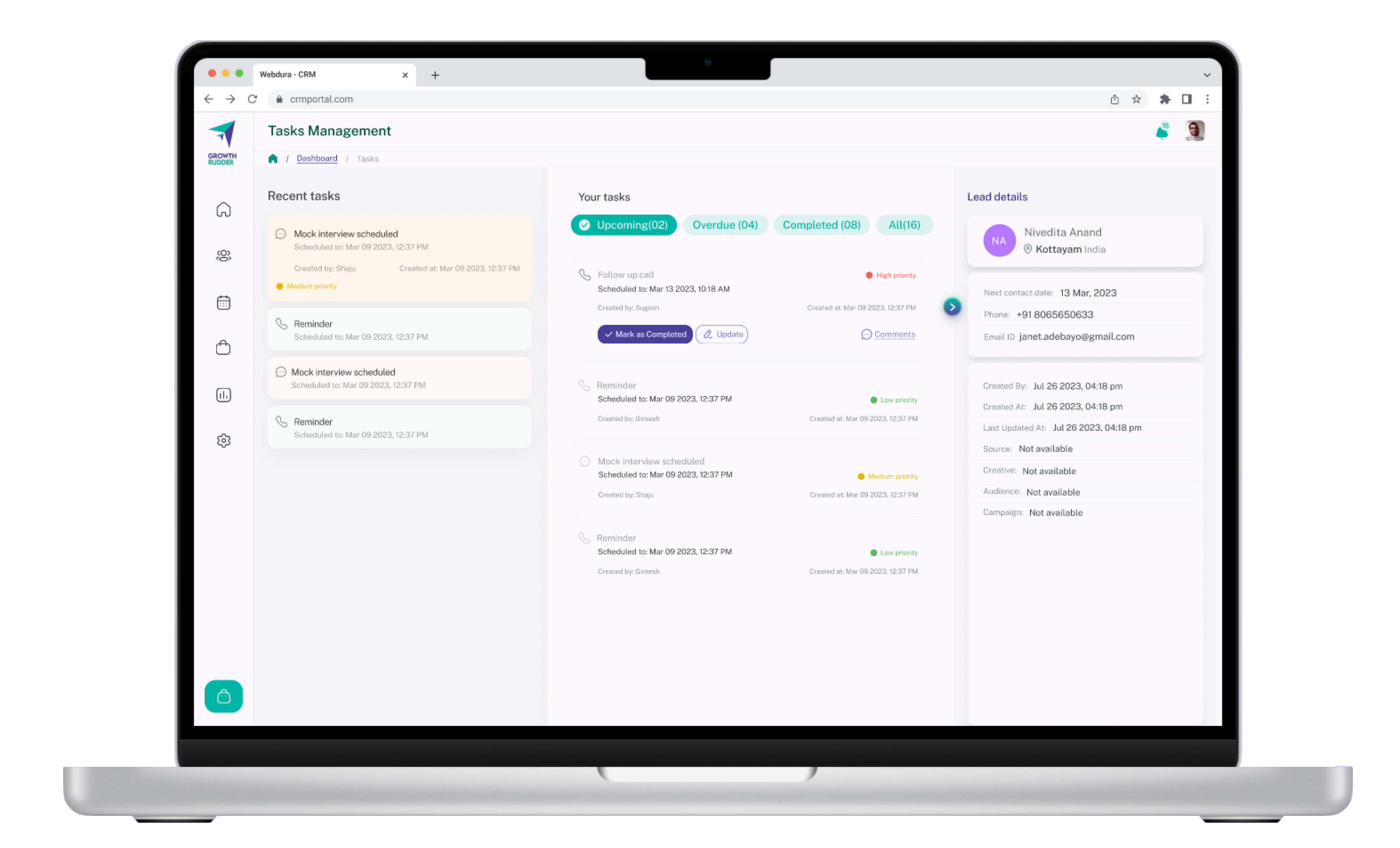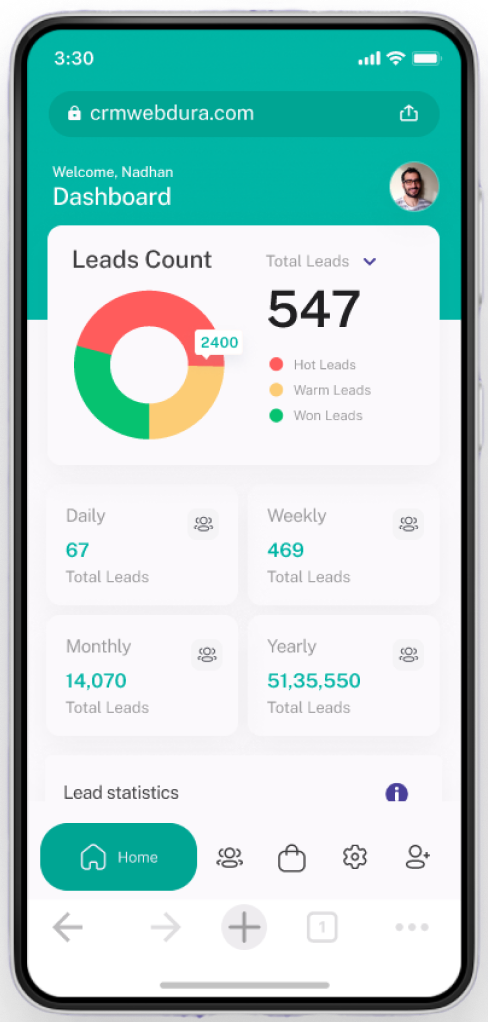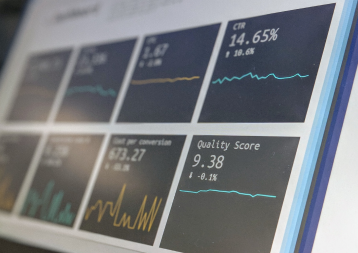Dubai’s real estate market stands as a beacon of opportunity for investors and agents alike. With its rapid urbanization, world-class infrastructure, and strategic location, it’s no wonder that Dubai is often considered the real estate capital of the world. However, with great opportunity comes fierce competition. To truly succeed in this dynamic market, one must master the art of real estate marketing. In this post, we’ll delve into proven strategies to help you thrive in Dubai’s flourishing real estate sector.
Leverage Technology and Virtual Tours
High-Quality Images
In today’s visually-oriented society, high-quality images are a cornerstone of effective real estate marketing. Professional, well-lit photographs of a property can significantly enhance its appeal. In Dubai, where properties often boast unique architectural features and stunning views, showcasing these in their best light is crucial. Professional photographers with experience in real estate photography can capture the essence of a property, making it more enticing to potential buyers.
360-Degree Virtual Tours
Virtual tours offer a cutting-edge way to showcase properties. They allow potential buyers to explore a property from the comfort of their own homes. In Dubai, where the international market is significant, virtual tours cater to foreign buyers who may not have the opportunity to physically visit a property before making a decision. By providing a comprehensive view of the property, buyers can get a sense of the layout, flow, and overall feel.
Drone Footage
Dubai is known for its skyline, luxurious developments, and breathtaking vistas. Drone footage provides a unique perspective that regular photography simply can’t capture. This is particularly important for properties with scenic views, such as those overlooking the Dubai Marina or the Palm Jumeirah. It gives potential buyers a true sense of the property’s location and the surrounding environment.
Cultivate a Strong Online Presence
Professional Website Development
Your website is your digital storefront. It’s often the first point of contact for potential clients. It should reflect professionalism, reliability, and competence.
Mobile-Friendly Design: With a significant portion of internet traffic coming from mobile devices, ensure your website is optimized for various screen sizes.
User-Friendly Navigation: Make it easy for visitors to find listings, contact information, and relevant information about your services.
High-Resolution Images: Display high-quality images of properties to engage visitors visually.
Clear Call-to-Actions: Include prominent buttons or forms for inquiries or scheduling viewings.
Engagement on Social Media Platforms
Instagram: Ideal for visual content, showcasing property images, and behind-the-scenes glimpses of your real estate activities.
LinkedIn: A professional platform for networking with industry peers, sharing insights, and establishing your credibility.
Facebook: Offers a broad reach and allows for both visual content and informative posts.
Consistent Posting: Maintain a regular posting schedule to keep your audience engaged and demonstrate your active presence.
Engagement and Interaction: Respond promptly to comments and messages to show your commitment to client care.
Content Sharing and Positioning as an Expert
Blog Posts: Write about market trends, investment advice, and tips for buyers and sellers.
Infographics and Visuals: Provide easily digestible information about the real estate landscape in Dubai.
Videos: Share property tours, market updates, and expert insights.
Keyword Optimization: Incorporate relevant keywords to improve search engine visibility and attract organic traffic.
Shareable Content: Create content that encourages sharing, expanding your reach and influence.
Client Testimonials and Portfolio Showcasing
Client Testimonials: Feature authentic testimonials on your website and social media profiles.
Portfolio Display: Highlight past sales, notable properties, or successful deals to demonstrate your track record.
Monitoring and Analytics
Website Analytics: Use tools like Google Analytics to track website traffic, user behavior, and conversion rates.
Social Media Insights: Leverage platform-specific analytics to understand which content resonates with your audience.
Adjustment and Optimization: Based on insights, refine your content and engagement strategies for better results.
Network, Network, Network
Importance of Networking in Dubai’s Real Estate Market
Relationship-Driven Market: Dubai’s real estate market places a strong emphasis on personal connections and trust. Building relationships is often the key to successful transactions.
Market Insights: Networking provides access to valuable insights about market trends, upcoming developments, and investment opportunities that might not be readily available through other channels.
Referral Opportunities: Connections made through networking can lead to referrals, both from fellow agents and from satisfied clients. This can significantly expand your client base.
Participate in Industry Events and Seminars
Attend Conferences and Expos: Dubai hosts numerous real estate conferences and exhibitions throughout the year. These events bring together industry professionals, investors, developers, and potential clients.
Seminars and Workshops: These events offer a platform for learning about the latest industry trends, legal updates, and market insights. They also provide opportunities for one-on-one interactions.
Networking Mixers: Look out for networking-specific events where professionals gather specifically to connect and build relationships.
Engage in Real Estate Associations and Communities
Join Local Real Estate Associations: Organizations like the Dubai Land Department and the Real Estate Regulatory Agency (RERA) provide a platform for networking and staying updated on industry regulations.
Online Forums and Communities: Participate in online forums, social media groups, and platforms like LinkedIn. Engage in discussions, share insights, and connect with other professionals.
Effective Networking Strategies
Approach with Authenticity: Genuine interest in others and a willingness to help are key. Be authentic in your interactions and focus on building meaningful connections.
Listen and Learn: Actively listen to what others have to say. This not only helps in understanding their needs but also demonstrates respect for their expertise and experiences.
Follow-Up: After meeting someone at an event, follow up with a personalized message or email. This reinforces the connection and shows your commitment to maintaining the relationship.
Offer Value to Your Network
Share Knowledge and Insights: Be a resource for your network by sharing valuable information about the real estate market, investment strategies, and legal updates.
Introduce Connections: If you come across opportunities that might benefit someone in your network, facilitate introductions. This shows your commitment to their success.
Leverage Technology for Networking
Utilize Social Media: Platforms like LinkedIn provide a powerful tool for networking. Connect with industry professionals, join relevant groups, and engage in discussions.
Online Webinars and Virtual Events: Especially in times when physical gatherings are limited, virtual events and webinars provide an avenue for networking.
Target International Investors
Understanding the Significance of International Investors
Diverse Investor Base: Dubai’s real estate market draws interest from a wide range of international investors due to its strategic location, economic stability, and investor-friendly policies.
Economic Impact: International investors play a crucial role in driving demand, stabilizing property prices, and contributing to the overall economic growth of the city.
Translate Listings and Marketing Material
Cultural and Language Considerations: Recognize that potential international investors may not be fluent in English or Arabic. Translating your listings and marketing materials into relevant languages (such as Mandarin, Russian, or Hindi) can greatly enhance accessibility and engagement.
Professional Translation Services: Ensure the accuracy and quality of translations by employing professional translation services. This conveys a commitment to providing the highest standard of service.
Provide Comprehensive Information
Visa Regulations: Dubai has various visa options for investors, including long-term residency visas. Provide detailed information about the eligibility criteria, application process, and benefits to attract potential investors.
Investment Laws and Regulations: Explain the legal framework for property ownership, taxation, and any restrictions that may apply to foreign investors. This helps international buyers make informed decisions.
Market Trends and Opportunities: Offer insights into the current state of the Dubai real estate market. Highlight areas with high potential for appreciation, upcoming developments, and emerging investment hotspots.
International-Friendly Marketing Strategies
Global Online Presence: Ensure your online presence extends to international platforms. List your properties on global real estate portals and advertise in international property magazines and websites.
Engage with International Communities: Participate in events, forums, and social media groups that cater to international investors interested in Dubai’s real estate market.
Partner with Global Real Estate Agencies
Collaborate with International Agencies: Forge partnerships with real estate agencies that have a strong presence in key investor markets. This can facilitate smoother transactions and attract more international buyers.
Access to a Wider Network: Partnering with agencies that specialize in international clientele expands your reach and provides access to a broader network of potential investors.
Offer Investment Consultation Services
Customized Investment Advice: Provide personalized consultations that take into consideration the unique goals and preferences of international investors. Offer insights on the most suitable properties for their portfolio.
Risk Assessment and Mitigation: Discuss potential risks associated with the Dubai real estate market and propose strategies to mitigate them. This demonstrates your commitment to the long-term success of your international clients.
Stay Informed About Market Trends
The Dynamic Nature of Dubai’s Real Estate Market
Economic Sensitivity: Dubai’s real estate market is highly responsive to economic shifts, both locally and globally. Changes in interest rates, inflation rates, and GDP growth can impact property prices and demand.
Government Policies: Dubai’s government often introduces new policies and regulations that affect the real estate sector. This can include changes in property ownership laws, visa policies for investors, and taxation rules.
Global Events: Events like economic crises, geopolitical tensions, or pandemics can have a significant impact on Dubai’s real estate market. Being aware of these events allows for proactive decision-making.
Benefits of Staying Informed
Client Confidence: Clients look to real estate agents for expert advice. Being well-informed instills confidence in your ability to provide accurate and up-to-date information.
Adaptability: Knowing the latest market trends allows you to adapt your strategies to changing conditions. This ensures you’re always ahead of the curve.
Risk Mitigation: Awareness of potential market shifts or policy changes enables you to advise clients on potential risks and opportunities associated with their investments.
Sources of Market Information
News Outlets: Regularly monitor reputable news sources, both local and international, for updates on economic indicators, government policies, and global events that could impact the real estate market.
Industry Reports and Studies: Reports from organizations like JLL, Knight Frank, and CBRE provide valuable insights into market trends, investment hotspots, and emerging opportunities.
Government Announcements: Keep an eye on official announcements from authorities like the Dubai Land Department and the Real Estate Regulatory Agency (RERA) for any regulatory changes.
Analysis and Interpretation
Economic Indicators: Understand how economic indicators like GDP growth, inflation rates, and employment figures influence the real estate market. This knowledge allows you to anticipate market movements.
Policy Analysis: Interpret government policies and regulations to determine their potential impact on property prices, demand, and investment opportunities.
Comparative Market Analysis (CMA): Conduct thorough CMAs to assess the value of properties based on recent sales, market trends, and the overall economic environment.
Continuous Education and Training
Industry Seminars and Workshops: Attend workshops and seminars organized by real estate associations, where experts discuss the latest trends and provide valuable insights.
Online Courses and Webinars: Engage in online learning platforms that offer courses on real estate market trends, investment strategies, and economic indicators.
Share Insights with Clients
Transparent Communication: Provide clients with clear and accurate information about the current market conditions and how they may impact their buying or selling decisions.
Long-Term Relationship Building: Demonstrating your expertise builds trust with clients, increasing the likelihood of repeat business and referrals.
Mastering real estate marketing in Dubai’s thriving market is a combination of embracing technology, building relationships, and staying informed. By employing these strategies, you’ll not only survive but thrive in one of the world’s most competitive real estate landscapes. Remember, persistence and adaptability are key in this dynamic industry. Happy selling!

















